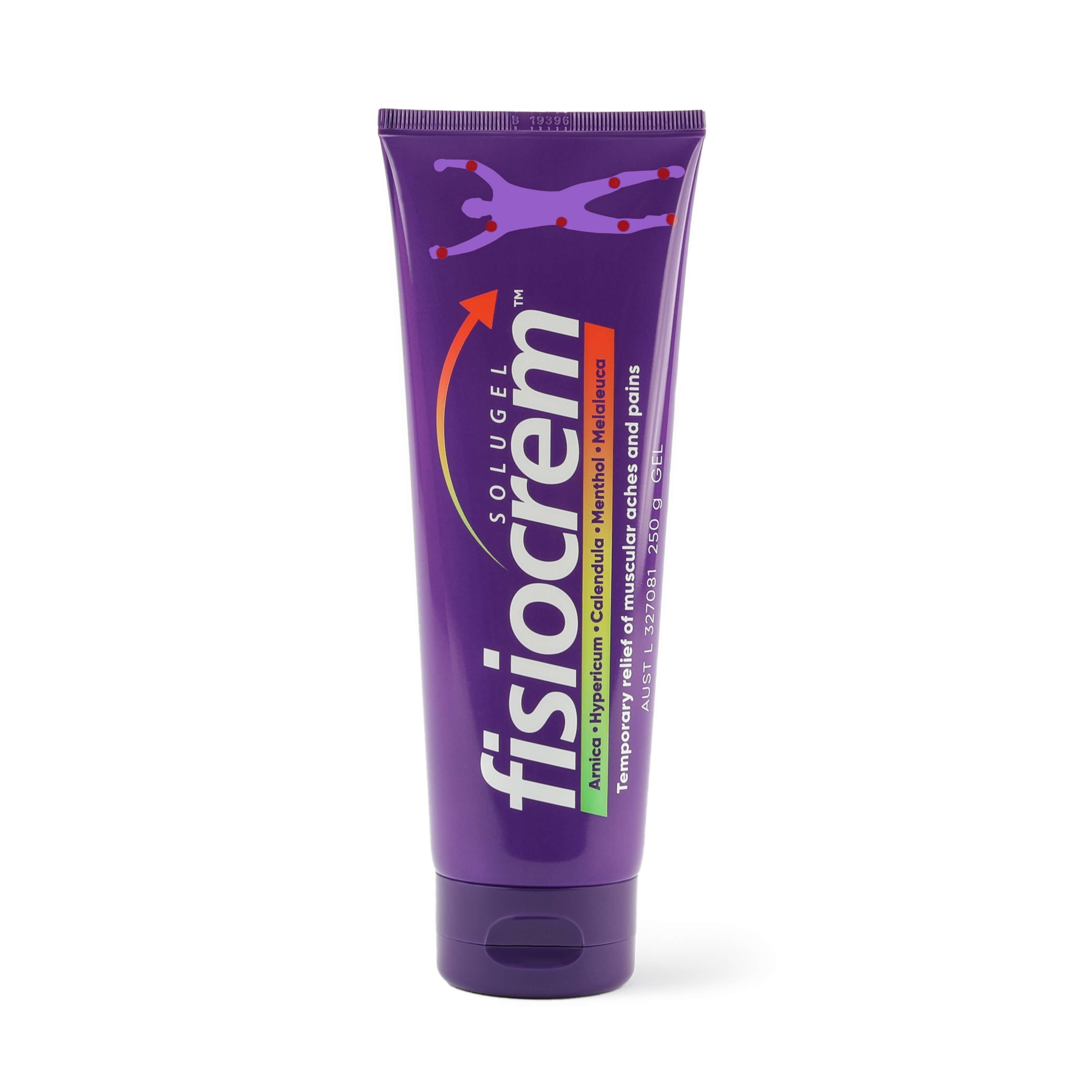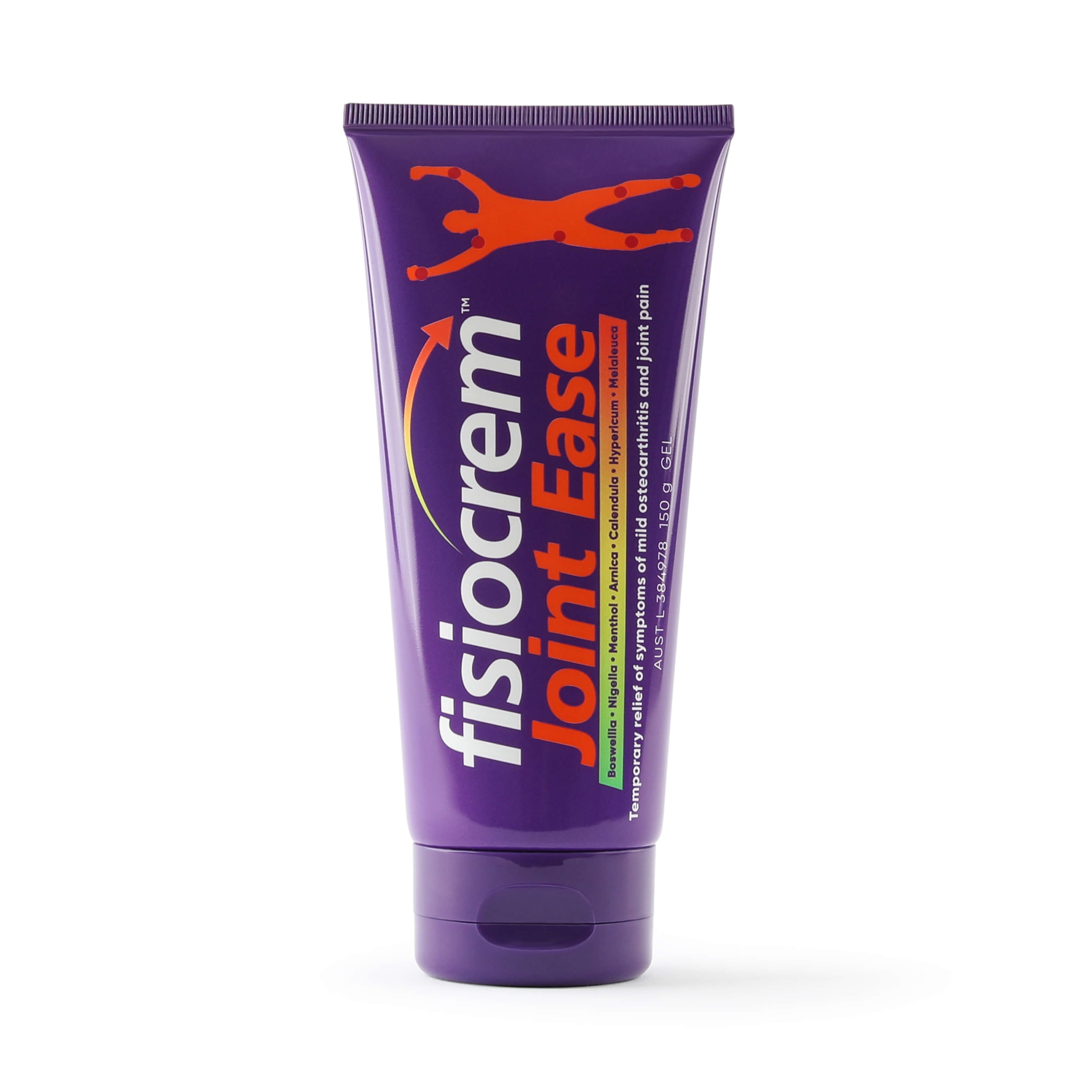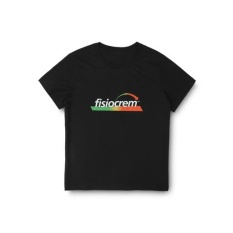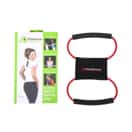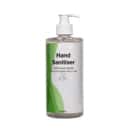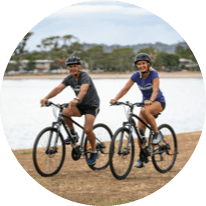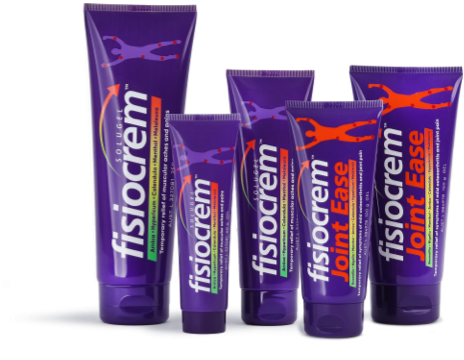If you’ve ever experienced the discomfort of a stiff neck, you know just how challenging it can be to find neck pain relief. That nagging pain and limited mobility can affect your daily life in many ways. Individuals may experience difficulties with general activities, such as turning their heads or driving a car. This article discusses neck pain, including symptoms, causes, treatment, and remedies to help relieve a stiff neck and pain.
Understanding Neck Pain
Neck pain is a common problem worldwide, especially in women (Côté et al., 2003)(Bovin et al., 1994). Neck pain affects people, their families, communities, businesses, and the healthcare system significantly. A variety of environmental and personal factors can influence the onset of neck pain (Hoy et al., 2010). Studies have found that there is a higher incidence found in office and computer workers (Hoy et al., 2010).
Neck pain and Stiffness: Symptoms and Causes
Neck pain can manifest in several ways, and its causes can be diverse. Common symptoms of neck pain include:
- A dull or sharp pain in the neck area
- Stiffness, limiting your range of motion (ROM)
- Difficulty turning your head
- Muscle stiffness
- Headaches
The causes of neck pain can vary from person to person and may include:
- Poor posture and poor ergonomics
- Muscle strain or tension
- Trauma or injury (Medical Clinics, 2012)
- Nerve compression
- Degenerative conditions (Medical Clinics, 2012)
- Age (Evans, 2014).
- Work-related stress and risk factors (Evans, 2014)(Ariëns et al, 2000)
How to Get Rid of a Stiff Neck
When faced with a stiff neck, the urgency for relief becomes paramount. Here are some practical tips that can help you eliminate that discomfort and enhance your overall well-being.
1. Heat and Cold Therapy
Applying either a hot or cold pack to the affected area can treat neck strains. Applying a heating or cold pack to the neck for 30 minutes can help relieve acute neck pain (Garra et al, 2010).
Heat pads, self-applied can assist in effectively relieving pain and improve range of motion (Cramer et al., 2012). You can use a hot water bottle or wheat pack to apply heat to the area.
Cold pack treatments can help to reduce inflammation. You can use ice packs, ice towels or even a pack of frozen peas (William, et al., 2013).
2. Gentle Neck Stretches & strengthening exercises (Cohen, 2015).
Regular stretching & strengthening exercises can help reduce neck and shoulder pain (Louw et al., 2017). Stretching regularly can improve neck movement and quality of life for people with neck pain and stiffness (Tunwattanapong et al., 2015). Performing gentle neck stretches can help relieve tension, improve flexibility and strengthen the muscles, preventing future stiffness.
Some effective stretches include neck tilts, head turns, shoulder rolls, neck rotations and chin tucks. Remember to do these exercises slowly and without force to avoid further strain.
3. Over-the-Counter Pain Relievers
Non-prescription pain relievers like ibuprofen can provide temporary relief from neck pain and reduce inflammation. However, it’s essential to follow the recommended dosage and consult a healthcare professional if needed.
4. Neck Support Pillows
The use of spring and rubber pillows can help to reduce neck pain (Pang et al., 2021). Investing in a supportive pillow can make a significant difference in preventing and relieving neck pain. A pillow designed to support your neck’s natural curve can help maintain proper alignment while you sleep.
5. Muscle Pain Relief Gel
Another way to soothe a stiff neck is by using a muscle pain relief gel. Creams with anti-inflammatory properties can relieve pain and reduce muscle tension in the affected area (Medical Clinics., 2012).
fisiocrem Solugel is a muscle pain relief gel that provides temporary relief to individuals suffering from muscular discomfort. This gel has menthol and naturally derived active ingredients. It helps soothe muscle pain and tension without being invasive.

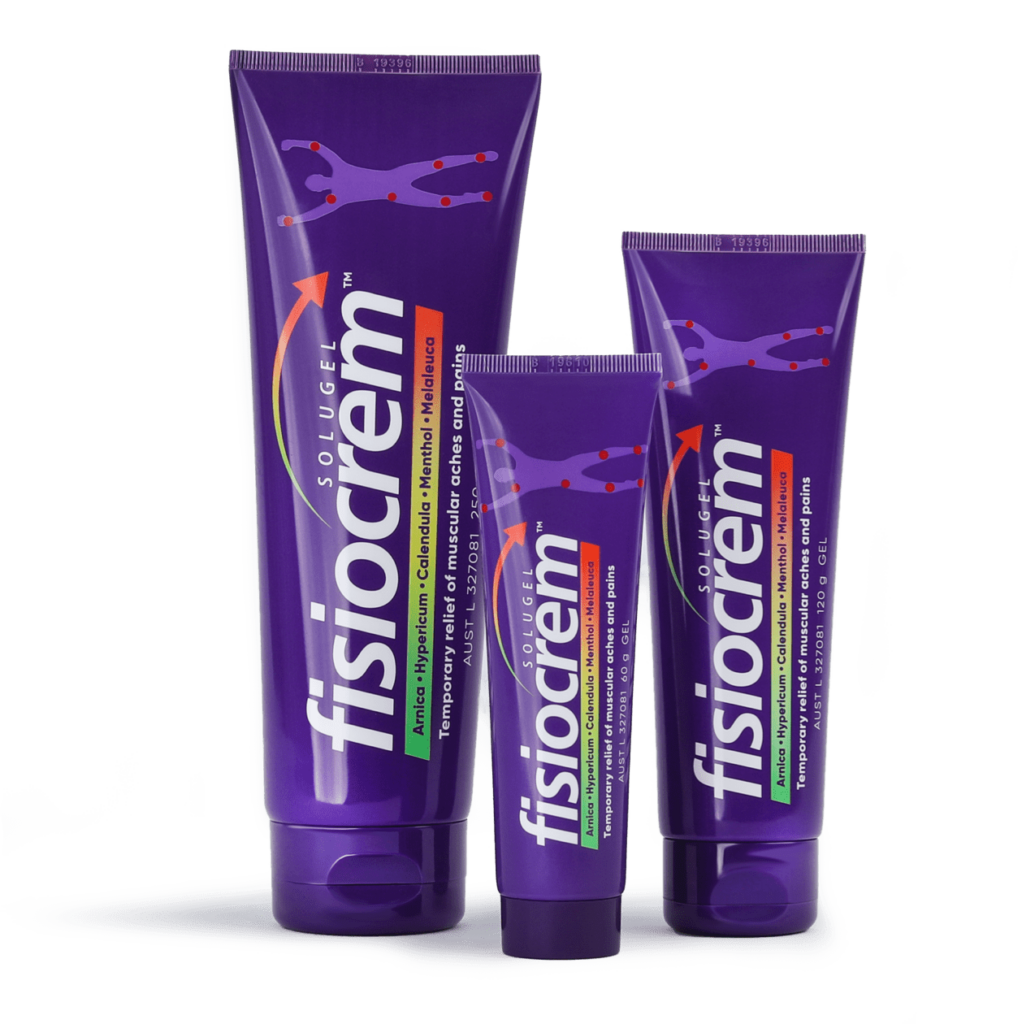
6. Posture Correction
One of the leading causes of neck pain is poor posture (Joshi et al., 2019). Pay attention to how you sit or stand and use furniture that helps support your back and neck.
7. Massage Therapy
Regular massages from a trained therapist can work wonders in reducing neck pain. Massages can help relax muscles and improve blood flow, reducing tension and promoting better circulation (Sherman et al., 2010).
8. Non Operative Options
Non-operative treatments like physical therapy and acupuncture are beneficial in addressing neck pain. Physical therapy utilises exercises and stretches to enhance neck strength and flexibility, improving posture and reducing discomfort. Acupuncture, meanwhile, employs fine needles to stimulate natural pain relief mechanisms and enhance blood circulation, offering holistic pain management. These non-invasive therapies provide effective relief from neck pain, promoting overall well-being (Medical Clinics., 2012).
Conclusion
Dealing with a stiff neck can be a real pain in the neck. But with the right remedies and treatments, you can find relief and get back to your daily activities without discomfort. Remember to pay attention to your posture, perform neck stretches, and use topical pain relief creams when needed.
Taking care of your neck is important for your well-being, whether you use home remedies or get professional help.
FAQs:
1. What is a good remedy for a stiff neck?
A good remedy for a stiff neck includes heat or cold therapy, gentle neck stretches, and over-the-counter pain relievers. Using muscle pain relief gels like fisiocrem can also provide temporary muscle pain relief.
2. What are the best stretches for a stiff neck?
The best stretches for a stiff neck include neck tilts, head turns, and shoulder rolls. These gentle exercises help relieve tension and improve flexibility.
3. What is best for a stiff/sore neck, heat or cold?
Both heat and cold therapy can be effective for a stiff or sore neck. Heat relaxes tense muscles, while cold reduces inflammation. You can choose the one that provides the most relief for your specific condition.
4. How to prevent or relieve a stiff neck while travelling?
To prevent or relieve a stiff neck while travelling, make sure to sit properly and support your neck with a travel pillow. Take breaks during long journeys to stretch and move your neck.
fisiocrem Solugel 60g tube is perfect for on-the-go to keep in your travel bag. The topical gel for muscular pain can help relieve inflammation and provide temporary muscle pain relief.
5. What exercises help relieve neck pain?
Gentle neck exercises like neck rotations, chin tucks, and shoulder stretches can help relieve neck pain and prevent stiffness.
6. Are there any ways to treat neck pain without a doctor?
Yes, there are several ways to treat neck pain without seeing a doctor. You can try different methods to relieve neck pain at home. These include heat or cold therapy, gentle neck exercises, over-the-counter pain relievers, topical creams, and supportive pillows. However, if the pain persists or worsens, it’s advisable to consult a healthcare professional.
Citations
- Ariëns, G., Mechelen, W., Bongers, P., Bouter, L., Van der Wal, G. (2000). Physical risk factors for neck pain. Scandinavian Journal of Work, Environment & Health.
- Bovin, G., Schradar, H., Sand, T. (1994). Neck Pain in the General Population. Spine Journal.
- Cohen, S. (2015). Epidemiology, Diagnosis, and treatment of neck pain. Symposium on pain medicine.
- Côté, P., Cassidy, J. D., & Carroll, L. (2003). The epidemiology of neck pain: what we have learned from our population-based studies.
- Cramer, H., Baumgarten, C., Choi, K., Lauche, R., Saha, F., Musial, F., Dobos, G. (2012). Thermotherapy self-treatment for neck pain relief—A randomized controlled trial. European Journal of Integrative Medicine, 4(4), e371-e378.
- Evans, G. (2014). Identifying and treating the causes of neck pain. Medical clinics.
- Garra, G., Singer, A. J., Leno, R., Taira, B. R., Gupta, N., Mathaikutty, B., & Thode, H. J. (2010). Academic Emergency Medicine, 17(5), 484–489.
- Hoy, D., Protani, M., De, R., Buchbinder, R. (2010). The epidemiology of neck pain. Best practice & Research clinical Rheumatology.
- Joshi, S., Balthillaya, G., & Neelapala, Y. V. R. (2019). Thoracic Posture and Mobility in Mechanical Neck Pain Population: A Review of the Literature.
- Louw, S., Makwela, S., Manas, L., Meyer, L., Terblanche, D., & Brink, Y. (2017). Effectiveness of exercise in office workers with neck pain: A systematic review and meta-analysis.
- Medical clinics., (2012). Identifying the Musculoskeletal Causes of Neck Pain. Retrieved from https://www.hcplive.com/view/identifying-musculoskeletal-causes-neck-pain
- Pang, J., Tsang, S., Fu, A. (2021). The effects of pillow designs on neck pain, waking symptoms, neck disability, sleep quality and spinal alignment in adults: A systematic review and meta-analysis. Clinical Biomechanics.
- Sherman, K. J., Cherkin, D. C., Hawkes, R. J., Miglioretti, D. L., & Deyo, R. A. (2010). Randomized trial of therapeutic massage for chronic neck pain.
- Tunwattanapong, P., Kongkasuwan, R., & Kuptniratsaikul, V. (2015). Clinical Rehabilitation, 30(1), 64–72.
- William, J. R., Srikantaiah, S., & Mani, R. (2013). Cryotherapy for acute non‐specific neck pain – William, JR – 2013: Cochrane Library.

